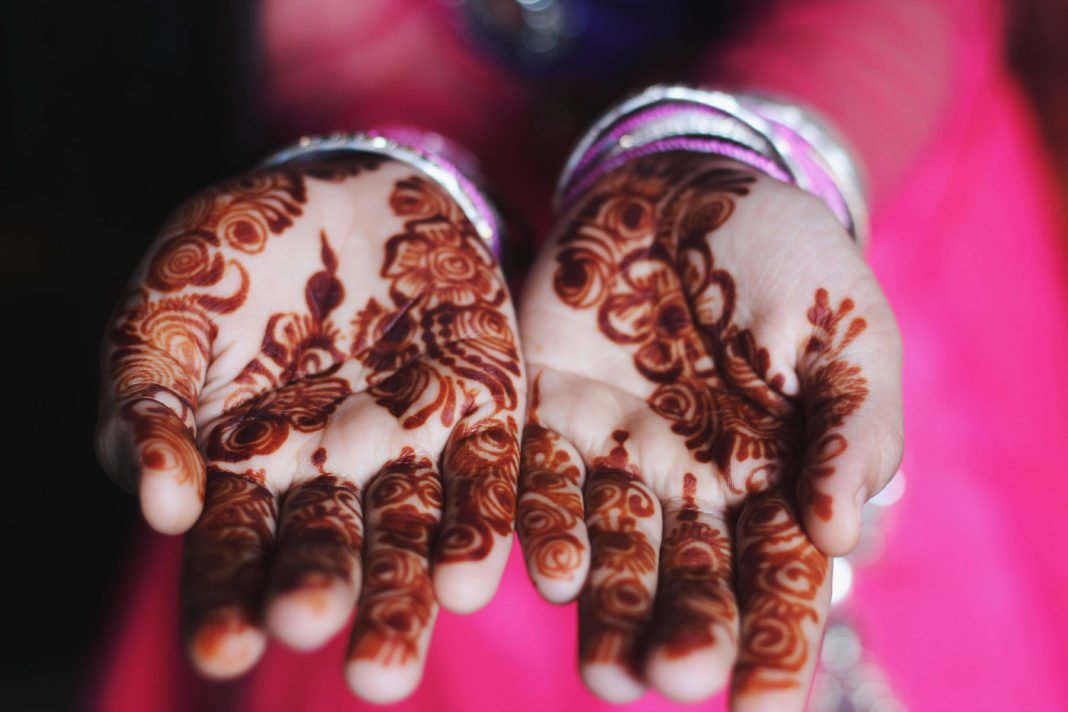Description:
Diwali is one of the most popular festivals in India. Diwali is derived from the Sanskrit word Deepavali which means rows of lights. This festival spans for five days. Each day has it own significance.
- Dhanteras
- Naraka chaturdasi
- Diwali, Lakshmi Puja
- Govardhan Puja
- Bhai Dhuj
Origin:
The origin varies based upon regional beliefs. A few celebrate it as Lord King Rama’s return to Ayodhya after he defeated Ravana by lighting rows of clay lamps. Others celebrate it as the day Lord Krishna defeated the demon Narakasur. Some celebrate it as the day Lord Vishnu, one of the main gods of the Hindu trinity, sent the demon King Bali to rule the nether world. And for a few others, the festival is a birthday celebration for Goddess Lakshmi.
Signifies:
In the core it celebrates new beginnings, the triumph of good over evil and the return of hope after despair.
Five Day Celebration
Dhanteras:
The name is derived from the word Dhan meaning wealth and teras meaning thirteenth, marking the thirteenth day of the dark fore night of Karthik and the beginning of Diwali.
We prepare for the celebration by painting our houses and decorating with lots of lights, both inside and out. Doorways are decorated by the women and children with rangoli (colorful designs) made from rice flour, petals and colored sand. This also happens to be a great day to buy stuff for the family and home.
Naraka Chaturdasi:
As mentioned earlier, all the celebrations are regional based. This day is mostly celebrated as a way to liberate souls from their suffering. For a few it is the day to pray for peace to the manes or deified souls of one’s ancestors. The mythological interpretation of this festive day defines the destruction of the Narakasura by Krishna, a victory that freed 16,000 imprisoned princesses kidnapped by Narakasura.
On this day we used to go to a nearby temple where they destruct a Narakasura dummy.
This day of the festival we purchase, make and eat festive foods, specifically sweets based on the region. Southern Indian, where I grew up, usually has boorelu, garelu, paravannam, pulihora, gulab jamun, Laddus, Khajas, Jalebi, Jhangri, plus several savories and sweets.
Diwali:
It starts with everyone taking a religious bath, cooking the most authentic sweets – typically 10 to 15 varieties of offerings, mostly sweet delicacies – decorating houses with Rangoli, and performing prayers with all the food that we cooked. After the prayer session we wear all the new clothes blessed by god and we eat all the delicacies that my grandmom, mom and aunts prepared or bought.
At dusk, we perform a prayer session and exchange gifts. Afterwards – the favorite part for all of the kids – the firecrackers! After sunset we share and burn firecrackers for 1-2 hours. It is as much fun as it sounds. We need to be very careful, without caution it could be extremely dangerous.
Firecracker stories:
During the last day of the Diwali, we were left with only a few boring firecrackers. My cousin combined all of them into one huge heap and lit them. The worst part is he burnt his hand. We were all sad because it was a third degree burn on his palm. My parents, uncle and aunty felt really bad for his injury, but it taught us a great lesson that we should be very careful.
There was a new flower pot cracker that we bought and one of the cousins put it in the correct direction, but another cousin thought that was the wrong direction and put it in another direction. It kind of took off horizontally instead of vertically, hurting a few of us.
Govardhan puja:
This is the day which celebrates the bond between wife and husband. Husbands celebrate this with gifts to their wives. Parents invite their newly married daughter and son-in-law and son and daughter-in-law to a festive meal and give them gifts. Every year my parents used to visit my grandparents house.
My parents wish that we could visit their house during Diwali but due to work schedules we aren’t able to visit as much as we would like. However, they visit us frequently and we have been lucky enough to spend Diwali with them multiple times. Last year was the most memorable one.
Bhai – dhuj:
This day celebrates the sister-brother bond. Women of the family gather to perform a puja with prayers for the well-being of their brothers and return receiving gifts. It is more of the northern tradition rather than from the place where I grew up. It is similar to Raksha bandan which is more popular in our family.
Family memory:
Every time I think of Diwali, my memory jogs back to my childhood. One of the fondest memories is celebrating Diwali with all of my aunts, uncles and cousins at my grandparent’s huge house. It usually was a gathering of 70 people.
How we celebrate today in America:
Diwali is the purest form of fun as a child: the long anticipation of meeting our extended family, especially my grandparents, my favorite aunts and uncles and my cousin. But now as an adult when I look back and imagine from my parents, grandparents, uncle and aunts perspectives, it is the time to bond again and to make up for the lost time spent far away from our relatives.
Fast forward to now, many miles from family, my heart still yearns for all the familiarity, grandeur, never ending fun of the festival with my family. But by God’s grace we’ve made friends here who are like family. Me and my husband do the best with what we have. We entertain our friends to our heart’s content by hosting, feeding and having fun.
We want to make sure that our kids are exposed to the culture understanding the significance rather than the rituals. I hope they absorb the meaning of the festival as much as they can and share the joy and love.
Community celebration:
Last year for the first time we celebrated our Diwali event as a community. Numerous hours were put into planning and execution. Each and every one in the community participated in it. It is a group effort.
Also, we are very grateful for our neighbors, who are new to this festival, for accepting our invitation and attending our Diwali party.
During our last year’s event, when I looked around and noticed that everyone in the party hall were having fun, I felt happy and grateful. Grateful that we are part of a wonderful community that is so welcoming and warm. Happy that we are able to share our joy with everyone in our neighborhood.
Diwali prayer:
Asato ma sat gamaya
Tamaso ma jyotir gamaya
Mṛtyor ma amṛtam gamaya
Om shanti shanti shantihi ||
Translation:[173][174]
From untruth lead us to Truth.
From darkness lead us to Light.
From death lead us to Immortality.
Om Peace, Peace, Peace.
With love,
Deepa
May there be peace around and within you.







